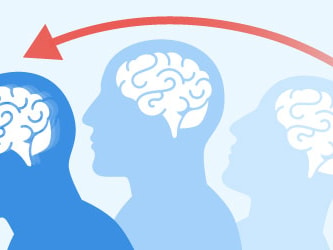Is There a Role for Medication After Concussion?
March 13, 2017
2 min. read

While we don't prescribe medications, as therapists or trainers, it's important that we understand the role medications play in managing common symptoms following a concussion. When we know all the factors affecting our patients' recovery, we can work to optimize their treatment plan and outcome.
The Role of Medication After Concussion
Both prescription and non-prescription medications are often a necessary complement to successful physical therapy treatment. Medication can assist in resolving symptoms such as headaches, inadequate sleep, anxiety, and other problems.
For example, many patients experience sleep dysregulation after a concussion.1 Impaired sleep can cause increased headaches, cognitive issues, and mood disturbance. In this instance, augmenting the body's melatonin (sleep hormone) production with an over-the-counter melatonin supplement can be recommended for sleep regulation 2
Physical therapists must be knowledgeable of the various symptoms that commonly present following a concussion. Knowing how medication and other treatments may affect these symptoms is an important aspect of tailoring recovery. Therapists should be prepared to make recommendations to the patients' managing physician should the need arise.
The Possible Risks of Medication on Recovery
In some cases, medication can be detrimental to recovery. A recent study revealed that approximately 70% of adolescent patients with chronic post-concussion headaches met criteria for probable medication-overuse headache.3 Adolescents may take over-the-counter analgesic medication to minimize headache intensity and duration, but this can actually worsen their headache symptoms.
Physical therapists should be mindful of this issue and always inquire about both prescription and non-prescription medication use in their patients following a concussion.
Understanding the role and risks associated with medication in concussion recovery is an important aspect of understanding and assisting in a patient's treatment plan.






